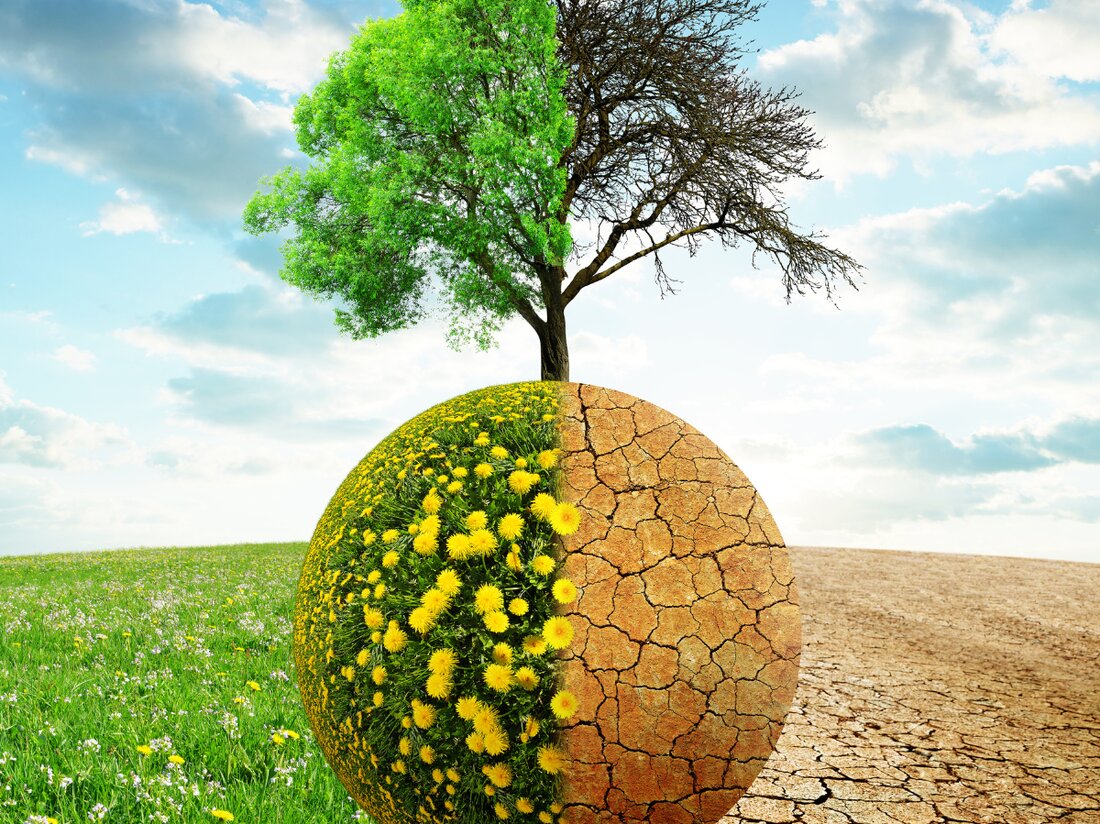Climate crisis 2025: New research warns of dramatic consequences!
The report "10 New Insights in Climate Science 2025" examines the impacts of climate change and calls for new carbon removal technologies.

Climate crisis 2025: New research warns of dramatic consequences!
What a day! On November 5, 2025, the latest developments in climate research will be discussed in Berlin. In a comprehensive report, “10 New Insights in Climate Science 2025,” over 70 scientists from 21 countries have compiled alarming findings about our planet. Long-term climate change is weakening the ability of our land and ocean systems to absorb carbon, compounding the current challenge. AZO Cleantech reports that reliance on natural systems for carbon offsets is no longer sufficient.
The science makes it clear: Without widespread and responsible adoption of new carbon removal technologies, we cannot hope to reduce emissions quickly enough. The oceans are under pressure. Rising temperatures and more intense heatwaves are reducing their ability to store carbon, putting our coastal communities at risk. Dr. Katie Smith of the Marine Biological Association points out that marine heatwaves are now not only more frequent, but also longer lasting.
Forest, water and weather
What is particularly worrying is that the capacity of forests and soils to reduce carbon is decreasing. Professor Sabine Fuss emphasizes that this development may underestimate the actual risks of future warming. The water temperatures are now three to five degrees above what we consider normal. This has fatal consequences for sensitive ecosystems such as kelp forests and coral reefs, which are massively damaged by warming.
However, there is good news: The Marine Biological Association has developed ways to predict marine heat waves so that early measures can be taken to minimize damage. But the challenges are diverse. At a global level, the record levels of recent years indicate accelerated warming. Marine heat waves and their consequences are not only environmental issues, they also increase the risks of extreme weather events.
The climate cycles
How we as a society respond to the challenges of climate change depends crucially on scientific findings. Loud Wikipedia, climate change means not only man-made global warming, but also natural climate factors that can last over different periods of time. Over the last 800,000 years there have been several warm periods, influenced by factors such as greenhouse gases and plate tectonic changes. The current phase of climate change, which has been progressing since industrialization, is heavily influenced by human activities. Experts assume that we will have to expect a temperature increase of up to 4.8 °C by the end of the 21st century.
Climate change is already causing serious environmental changes and migration movements. The loss of biodiversity is just as alarming as the accelerated water shortage, and the pressure on many people's livelihoods is increasing. To counteract this, deep, lasting emissions reductions are necessary, as the AZO Cleantech report urgently calls for.
In this context, it remains crucial that we prioritize modern carbon removal technologies and transparency in the carbon market. This is the only way we will be able to overcome the challenges posed by climate change and protect our planet for future generations.

 Suche
Suche
 Mein Konto
Mein Konto